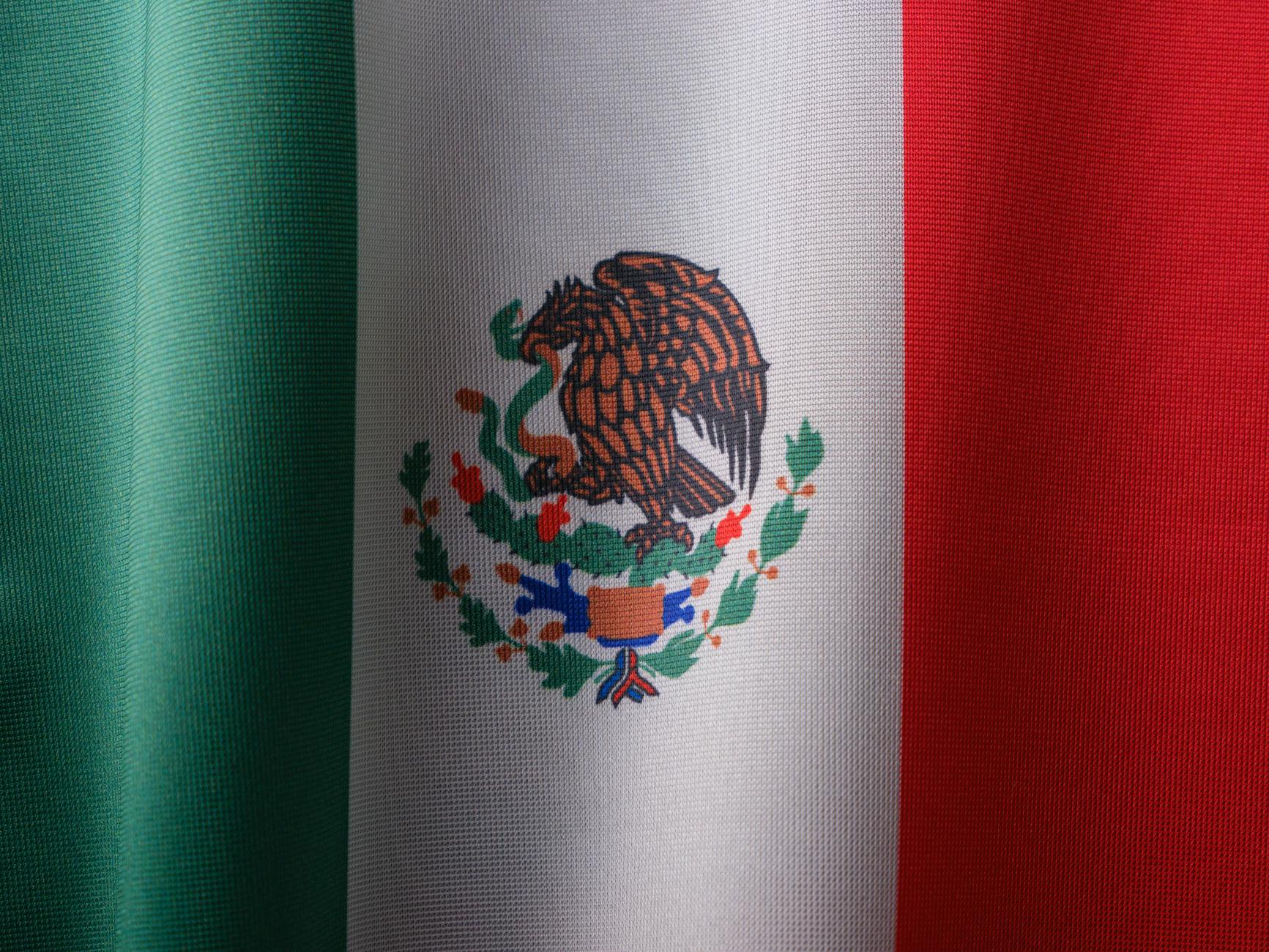A Shattered Ceiling, A Formidable Mandate: Claudia Sheinbaum Makes History in Mexico

History, when it is made, can feel both sudden and inevitable. On the night of June 2, Mexico experienced one of those moments. The nation, long defined by a deeply ingrained culture of machismo, shattered its highest political glass ceiling, electing Claudia Sheinbaum Pardo as its first female president. It was a victory of staggering proportions, a moment of immense symbolic power that resonated far beyond Mexico’s borders.
But as the confetti settled, another, more complicated reality began to sink in. Sheinbaum’s triumph was not just a personal one; it was a thunderous affirmation of the populist movement of her mentor, Andrés Manuel López Obrador (AMLO). She didn't just win. She won a mandate so vast, so powerful, that it raises uncomfortable questions about the future of democratic checks and balances in one of Latin America's most vital nations.
Sheinbaum, a climate scientist and former mayor of Mexico City, secured nearly 60% of the vote, a margin even greater than AMLO’s own landslide in 2018. Her main rival, Xóchitl Gálvez, an energetic senator representing a fractious coalition of old-guard parties, was left in the dust with under 30%. The result was a wholesale rejection of the traditional political establishment, which voters have come to associate with corruption and inequality.
The election was, in essence, a referendum on AMLO. His six-year term, branded the "Fourth Transformation," has been a whirlwind of popular, and polarizing, change. He dramatically expanded cash-transfer programs to the elderly, students, and the poor; he doubled the minimum wage; and he railed daily against a "corrupt elite." These policies earned him a near-devotional following among millions of working-class Mexicans, even as his critics accused him of weakening institutions and mismanaging the economy.
Sheinbaum, the loyal protégé, ran a disciplined campaign built on a simple promise: continuity. She vowed to "build the second floor" of AMLO's project. Where AMLO was all charisma and instinct, Sheinbaum presented herself as the sober, data-driven scientist who would consolidate his legacy. It was a perfect political tandem, reassuring voters that the popular social programs were safe in the hands of a calm, competent successor.
Gálvez’s campaign, meanwhile, faced an impossible task. She tried to hammer the government on its most glaring failure: security. The chilling fact that dozens of local candidates were assassinated on the campaign trail should have been a devastating indictment of AMLO's "hugs, not bullets" strategy. But against the tangible reality of government pension checks arriving in the bank, the abstract fear of cartel violence, however real, failed to sway enough voters.
Perhaps the most crucial outcome of the night was not in the presidential palace, but in the congress. Projections show that Sheinbaum's Morena party and its allies are on the verge of securing a two-thirds supermajority in both houses. This is a game-changer. A supermajority grants the power to amend the constitution at will, without needing a single opposition vote. It’s a power that even AMLO, at the height of his popularity, never possessed.
This opens the door to a raft of radical reforms that have long been on the movement's wish list: electing Supreme Court justices by popular vote, eliminating independent regulatory agencies, and further centralizing power in the executive. For supporters, this is a chance to finally purge the government of undemocratic, elitist vestiges. For critics, it is a five-alarm fire for Mexican democracy, a potential slide into a one-party dominant state where dissent is marginalized and the president's power is nearly absolute.
President-elect Sheinbaum will inherit a nation of paradoxes. She will lead a country jubilant at its own progress, yet still terrorized by unimaginable violence. She will manage an economy that is a powerhouse of North American trade, yet still beholden to the fortunes of a deeply indebted state oil company, PEMEX. And she must navigate a complex relationship with the United States, where the tides of politics could bring a new, and perhaps more hostile, administration to power in just a few months.
Claudia Sheinbaum’s name is now etched in history. She has proven that a woman can reach the pinnacle of power in Mexico. Her challenge, and the question on which her legacy will depend, is how she will choose to wield the immense power the Mexican people have just placed in her hands.
